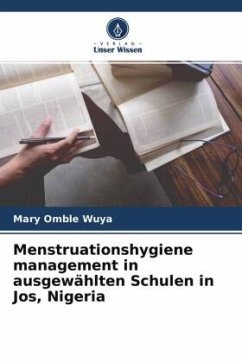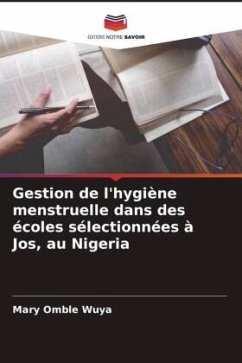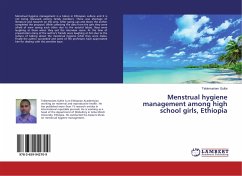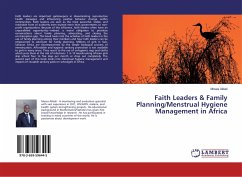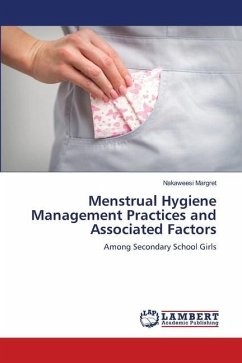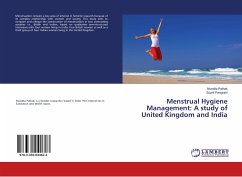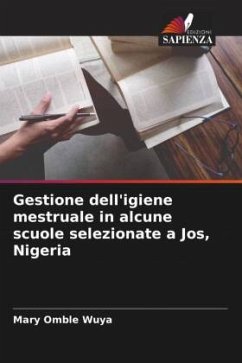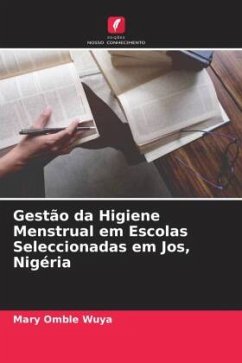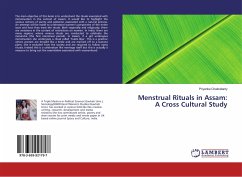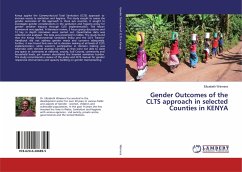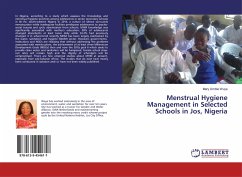
Menstrual Hygiene Management in Selected Schools in Jos, Nigeria
Versandkostenfrei!
Versandfertig in 6-10 Tagen
27,99 €
inkl. MwSt.

PAYBACK Punkte
14 °P sammeln!
In Nigeria, according to a study which assesses the Knowledge and menstrual hygiene practices among adolescents in senior secondary schools in Ile Ife, south-western Nigeria in 2014, a culture of silence surrounds menstruation while inadequate facilities predispose adolescents to psycho-social trauma and cyclic absenteeism from schools. MHM knowledge was significantly associated with mother's education; 90% of adolescents changed absorbents at least twice daily while 24.2% had previously changed it in school.Until recently MHM has been largely overlooked by the water, sanitation and hygiene (W...
In Nigeria, according to a study which assesses the Knowledge and menstrual hygiene practices among adolescents in senior secondary schools in Ile Ife, south-western Nigeria in 2014, a culture of silence surrounds menstruation while inadequate facilities predispose adolescents to psycho-social trauma and cyclic absenteeism from schools. MHM knowledge was significantly associated with mother's education; 90% of adolescents changed absorbents at least twice daily while 24.2% had previously changed it in school.Until recently MHM has been largely overlooked by the water, sanitation and hygiene (WASH) sector. However, governments, institutions and NGOs are realizing that without addressing the problems associated with menstruation, the achievement of at least three Millennium Development Goals (MDGs) then and now the SDGs goal 6 which seeks to provide clean water and sanitation will be hampered, female school drop-out rates will remain high and the dignity of schoolgirls will be compromised. There are few empirical studies about MHM at present, especially from sub-Saharan Africa. The studies that do exist have mostly been conducted in isolation and/ or have not been widely published.



